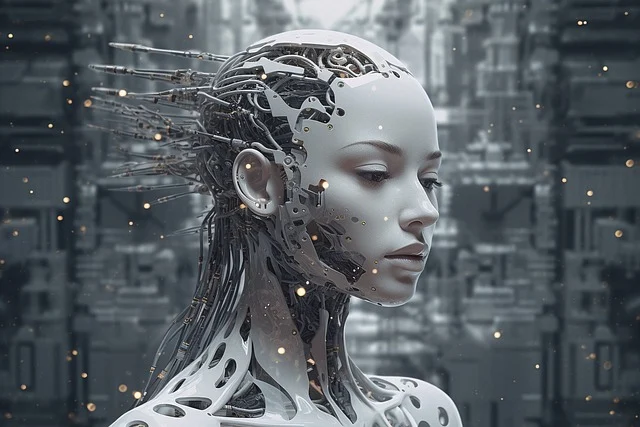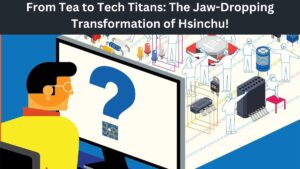
The synergy between AI and quantum computing is multifaceted and holds great potential for mutual enhancement. AI techniques, particularly machine learning, can optimize quantum algorithms by improving efficiency and reducing the number of required qubits and operations. This aids in streamlining the analysis, modeling, and optimization of quantum circuits. Additionally, AI can play a crucial role in error correction codes, enhancing the reliability of quantum computations and optimizing the design and operation of quantum hardware.
Conversely, quantum computing stands to revolutionize AI capabilities by accelerating classical machine learning algorithms, enabling faster processing of larger datasets. It also opens the door to the development of novel machine-learning algorithms tailored for quantum data and systems.
However, challenges emerge as these two fields converge. There is a potential risk of leveraging quantum computing and AI for attacks on cryptographic systems, posing a threat to data security. Adversarial attacks on AI-powered systems raise concerns about manipulation leading to misleading or malicious outcomes. Privacy issues arise with the collection and use of large datasets for AI algorithms in quantum computing. Additionally, compatibility issues between different hardware and software platforms may hinder seamless integration, necessitating the establishment of standards for interoperability.
In essence, the collaboration between AI and quantum computing holds immense promise, but careful consideration and addressing of challenges are essential for responsible and secure advancement in these cutting-edge technologies.






